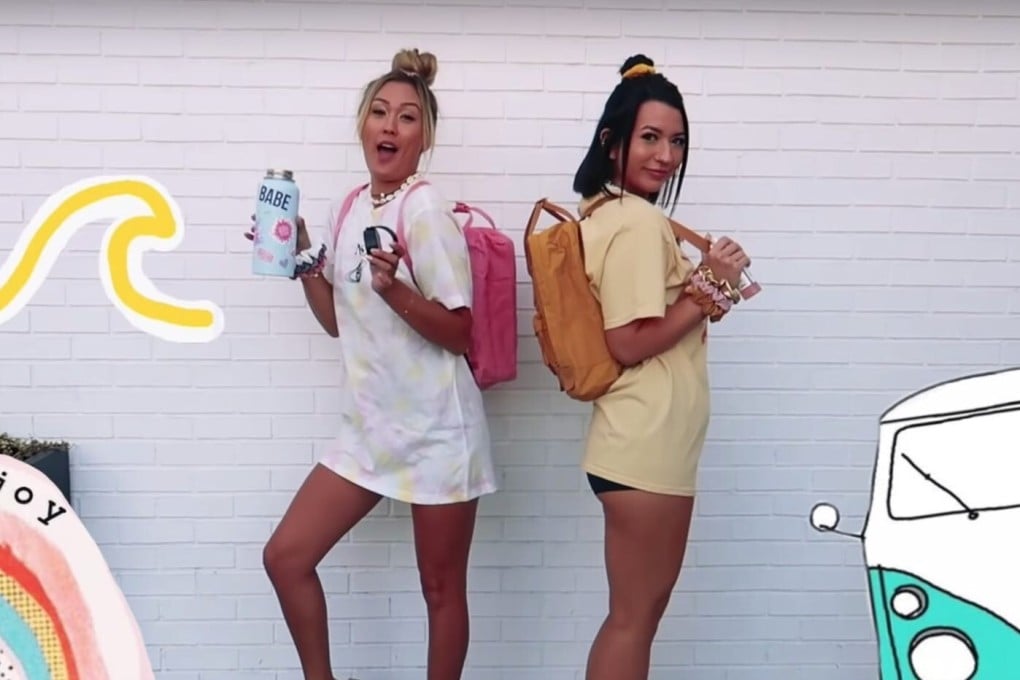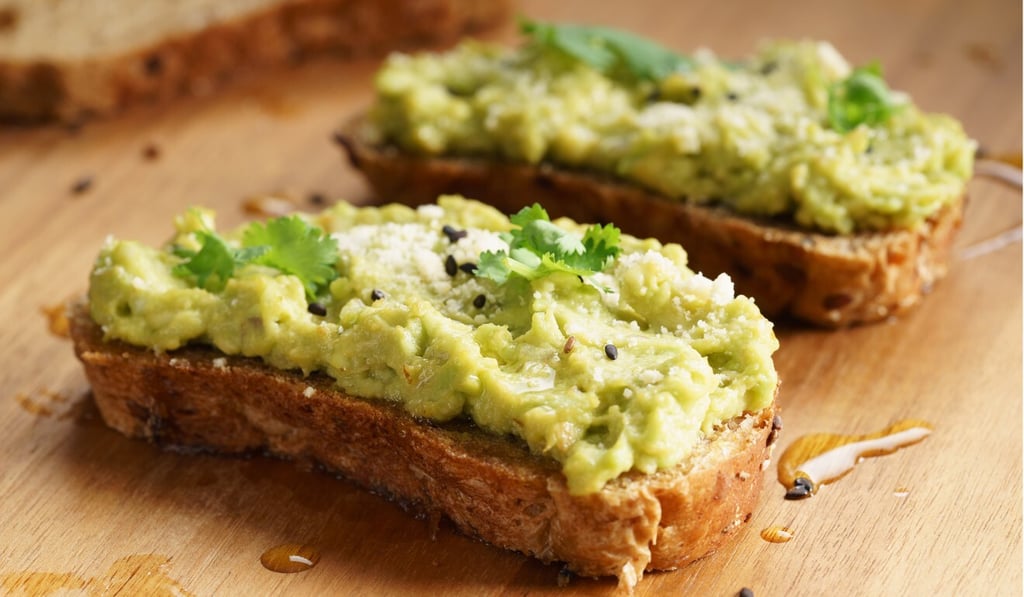Opinion | Too young to be a millennial and too old for Gen Z – and that’s fine by me
- Belonging to an identifiable generational cohort can be immensely satisfying, but no label can fully capture who we really are

Born in 1997, I belong to the apparently way cooler Gen Z – those born from 1997 onwards. As far as labels go, I might sound like a millennial wannabe stuck with the younger Gen Zs.
Except there’s a fair reason why those born in the late 1990s would see themselves as millennials. We grew up at a time where we thought “young people” and “millennials” were one and the same.
There was little consensus about the end date of this generational cohort, especially when the youngest millennials were still in their teens. It was only in 2018 that Pew, to ensure meaningful analysis of the millennial generation, set the cut-off point at 1996.

Just like personality tests or astrology, there is a certain sort of satisfaction when we find labels that accurately describe our identities. It’s like a crystal-gazing session of self-discovery, and it gives comfort knowing that there is someone out there who’s just like us.
